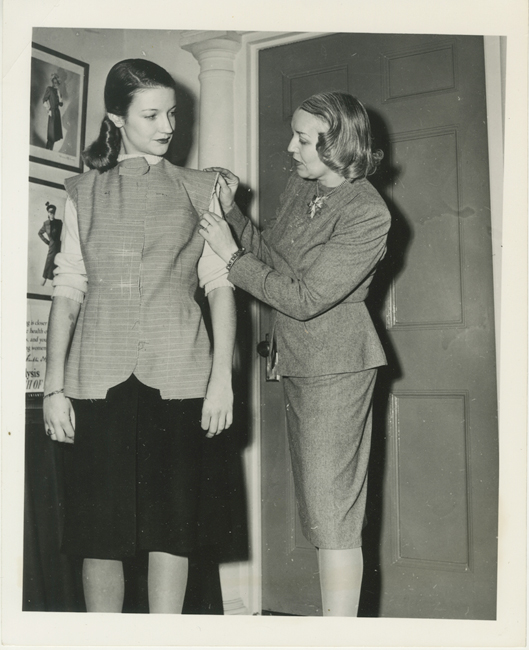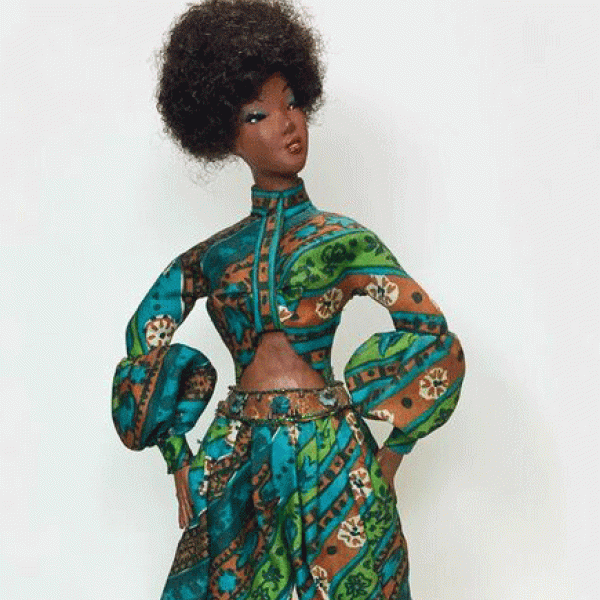Dressing Sustainably, Then and Now
Tuesday, July 31, 2018 by
As the nation’s sartorial capital, Fashion City currently subscribes to two disparate philosophies of dress: fast fashion, offering trendy looks and seductive pricing but morally burdened by its questionable quality and manufacturing practices, and sustainable fashion, prioritizing socially responsible standardized production, classic styling and zero-waste practices – but at a significantly higher cost. This latter, staid approach has served to unify the contributions made by New York’s enduring designers, past and present. Shying from seasonal trends and celebrity hype, their shared philosophy seems basic: invest in a tightly edited quality wardrobe that has far-reaching utility, timeless style, and that you truly like to wear. Simply stated: Don’t be a slave to fashion.
Valentina Schlee and Vera Maxwell, two of America’s defining mid-twentieth century designers, extolled the merits of a minimalist wardrobe. They both created basic, uplifting looks that buoyed the nation’s women through the World War II period of L-85 governmental restrictions without feeling deprived. Both dancers in their early careers, they championed mobility and comfort as critical to successful, enduring clothing design. They also rejected fashion’s fads and gimmicks, opting for solid colors, natural or durable fibers, and simple silhouettes.


Nationally applauded for the versatile practicality of both her 5-piece “Weekend Wardrobe” (1935) and iconic “Rosie the Riveter” (1942), Vera Maxwell always remained true to her working credo: “Style is a point of view, steadily maintained…Style should have, above all, the gift of nonchalance, and not forever try to outdo fashion.”
Similarly, Valentina when once asked her opinion of the latest fashions wryly commented, “Oh…I never like fashion. I only like Style.”


Both designing women rejected the transient nature of fashion, priding themselves on the enduring qualities that would invite long-term commitments from their clientele. Iconic New York performer Kitty Carlisle Hart once visited Valentina for a new black dress, only to be confronted by the question, “…what happened to the one I made for you four years ago? You don’t need a new dress: how about a new bolero jacket to wear with it?”
That approach is precisely that which encapsulates the creative philosophy behind today’s responsible design movement, which endeavors to foment change by educating their public to commit to the clothing it purchases rather than discard it to make way for the “next big thing.” That, combined with its pursuit of resilience and functionality, has remained a defining goal for America’s current generation of clothing designers.
Parsons-trained Yeohlee Teng has been and remains a staunch proponent of responsible design and lifestyle and remains a defender of New York’s Garment Industry and the safeguarding of its future. From her earliest collections she has committed to clothing of season-less relevance and “concise functionalism.”






